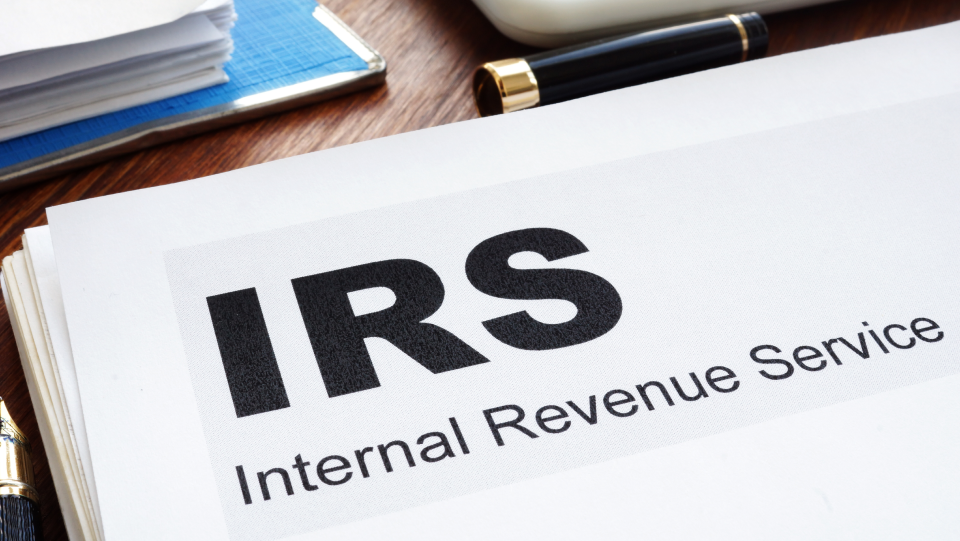What Is A CPEO?
A certified professional employer organization (CPEO) is a professional employer organization (PEO) that has met requirements set by the Internal Revenue Service (IRS). Being certified as a CPEO means you take on more roles than a PEO and that it can offer its clients specific financial protections and tax benefits. PEOs that are not certified typically do not have these financial protections.
Requirements Set By The IRS
In order to be eligible as a certified PEO, the IRS has put in place the following requirements:
- Must be a business entity
- Should have a history of financial responsibility, organizational integrity, and tax compliance
- Have at least one physical business location located in the United States
- Should be managed by individuals who have knowledge or experience regarding federal and state employment tax and compliance and business practices relating to those compliance requirements (must be a U.S. citizen or resident)
- Must maintain their certification annually with an online verification
Once the certification status has been established, PEOs must maintain specific records and provide the IRS with financial review reports on an ongoing basis. PEOs have the potential of losing their CPEO designation if they do not follow the ongoing requirements.

CPEO VS. PEO?
You may ask yourself what the benefit of partnering with a CPEO is as opposed to a PEO. There are many additional benefits a CPEO can provide your business that a PEO cannot. The process of becoming a CPEO is a rigorous and regulated process that requires an extensive amount of time and effort. Being classified as a CPEO means that they’ve been recognized by the IRS and the U.S. government, allowing the CPEO to provide their clients with a clearer outlook on who is responsible for what within the PEO relationship and which tax credits are retained.
According to the IRS, within a PEO relationship, both the client and PEO are equally liable when it comes to paying federal employment taxes. A CPEO is required to post a bond each year of up to $1 million that guarantees payment of its federal employment tax liabilities.
A CPEO is solely liable for federal employment tax payments on wages that it pays to its worksite employees. Therefore, if the CPEO fails to pay payroll taxes, the IRS cannot go after the client to collect employment taxes. The liability falls entirely on the CPEO, not the client.
The Impacts On Your Business
When you partner with a CPEO, they take on the administrative burdens that companies don’t have the time or expertise to manage effectively, including:
- Human resources
- Benefits
- Payroll and tax
- Risk management
Having a CPEO take on these roles allows you to put your focus back on client relationships, building an effective team, and growing your profits. In addition, a PEO helps you reduce costs, limit your business risk, and save time and money.
In addition, if you work in the transportation industry, many businesses are required to partner with a CPEO should you choose to outsource certain HR functions. You take on the liability related to your business, so it’s vital to comply with all rules and regulations.
GMS Is Here To Help
Our clients display more confidence in having partnered with a CPEO. As a small business owner, choosing to partner with a PEO is a huge decision but ultimately benefits your business in the short and long term of the partnership. At GMS, we manage a variety of services from payroll to benefits and HR. We take on the risks associated with your business so you can focus on the growth aspect.
